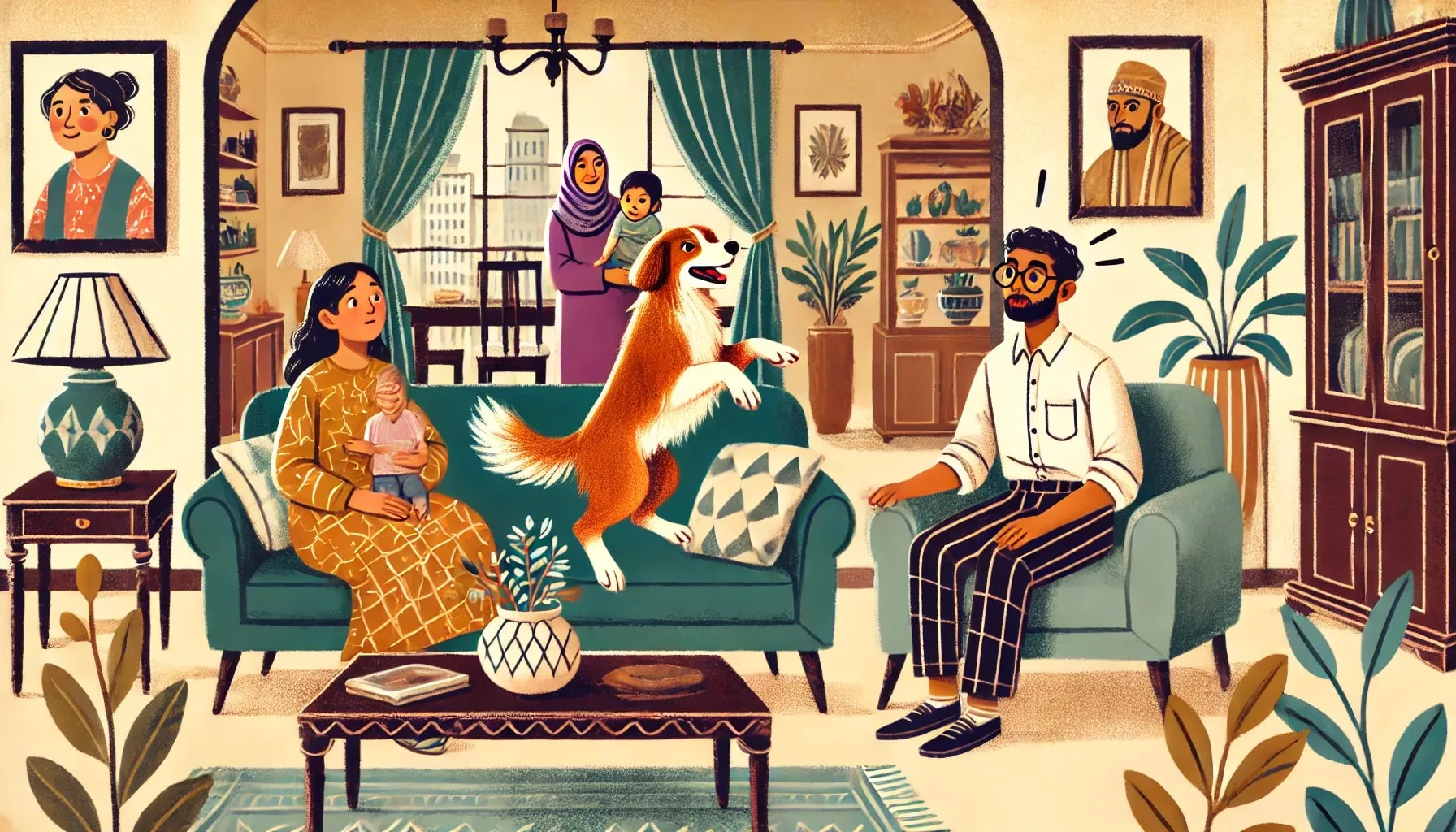Managing Your Dog's Jumping Behavior

Do you often find yourself struggling with your dog’s excessive jumping on guests?
Is your dog constantly hyper and excited, making it difficult for you to control their behavior?
Perhaps you worry that their jumping may harm children or disrupt social interactions. If these concerns sound familiar, fear not! The solution lies not in your dog alone, but in understanding how to channel their energy effectively.
In this article, we will explore practical tips and insights to help you teach your dog to greet others calmly and become a well-behaved companion.
Understanding Your Dog’s Energy
Dogs come in various breeds and sizes, each exhibiting different energy levels. Generally, there are four types of energy levels: low, medium, high, and hyper. The energy level represents the mental stimulation a dog requires to feel fulfilled. Failure to meet their mental needs can result in hyperactive behavior and difficulty calming down.
The Case of Hyperactive Dogs
Imagine a scenario where a family’s dog constantly jumps on everyone, pulls on walks, and disrupts conversations with incessant barking. Upon closer inspection, it becomes clear that the dog’s excitement is a response to the behavior of the humans around them. If humans consistently greet the dog with high levels of excitement, the dog will interpret this as the norm.
The Role of Calmness
When I went there to address the situation mentioned above, it was discovered that the key to transforming the dog’s behavior was to introduce calmness. By demonstrating calm behavior towards the dog, I successfully taught the family the proper way to interact with their beloved pet.
The Pitfall of Excitement
A common mistake made by dog parents is projecting excessive excitement when meeting their pets or any dog. Many believe that excitement equals happiness. However, it’s important to recognize that excitement and happiness are distinct emotions. For dogs, true happiness lies in being calm and submissive, not in a constant state of excitement. In nature, you won’t find zebras jumping around the forest!
Nurturing Calmness and Ignoring Excitement
To help your dog overcome the jumping habit, it’s crucial to nurture a sense of calmness. Start by changing the way you interact with your dog. When you arrive home, avoid overly excited greetings. Instead, enter calmly and greet your dog in a composed manner. By doing so, you communicate to your dog that calmness is desired and rewarded.
The Power of Consistency
Consistency is key when training your dog to stop jumping on people. Ensure that all family members and visitors follow the same guidelines. Remind them to avoid reinforcing the behavior by responding to excitement with affection or attention. Instead, encourage them to redirect their focus to calm and composed interactions.
Patience and Persistence
Changing a dog’s behavior takes time and patience. It may require a few days or even weeks for your dog to unlearn the habit of jumping. Stay persistent and continue to reinforce the importance of calmness through consistent training methods. Remember, your efforts will pay off in the form of a well-mannered and happy dog.
Understanding Your Dog’s Mind
Investing time and effort to understand how your dog’s mind works is crucial for successful training. By gaining insights into their psychology and natural behavior, you can raise a dog that is calm, confident, and loving.
Conclusion
Helping your dog overcome the habit of jumping on people requires a shift in mindset and behavior on your part. By understanding and channeling their energy effectively, you can transform your hyperactive dog into a calm and well-behaved companion.
Test your knowledge
According to the article, what common mistake leads to dogs jumping on guests?
What is the recommended way to greet your dog to reduce hyperactive behavior?
Why is consistency important when training your dog to stop jumping on people?
For more information or support, join our Pack Platform to connect with other dog parents and experts.